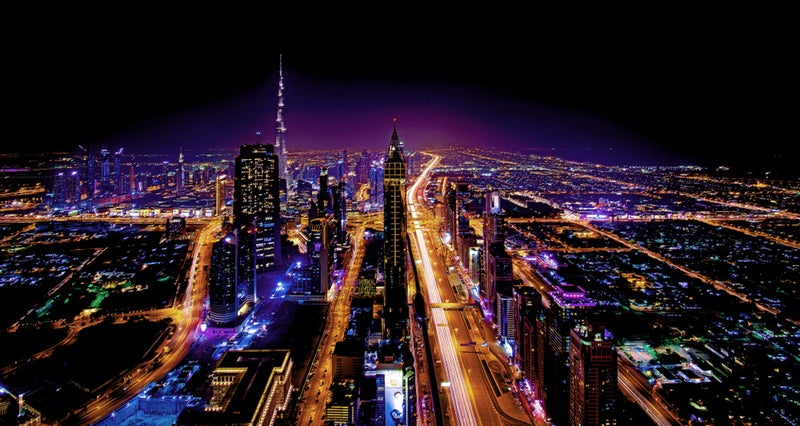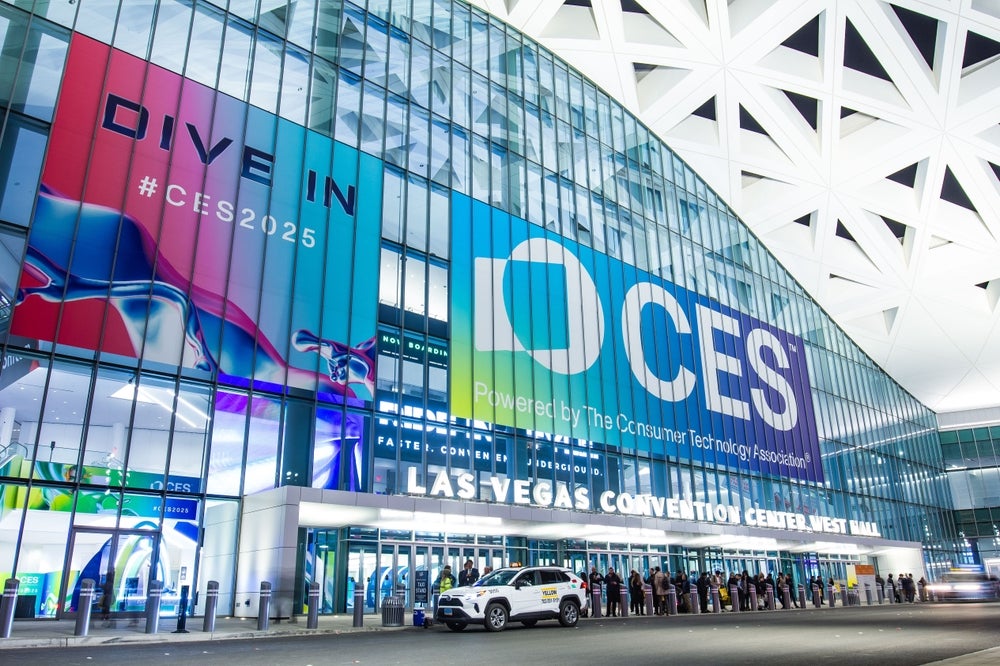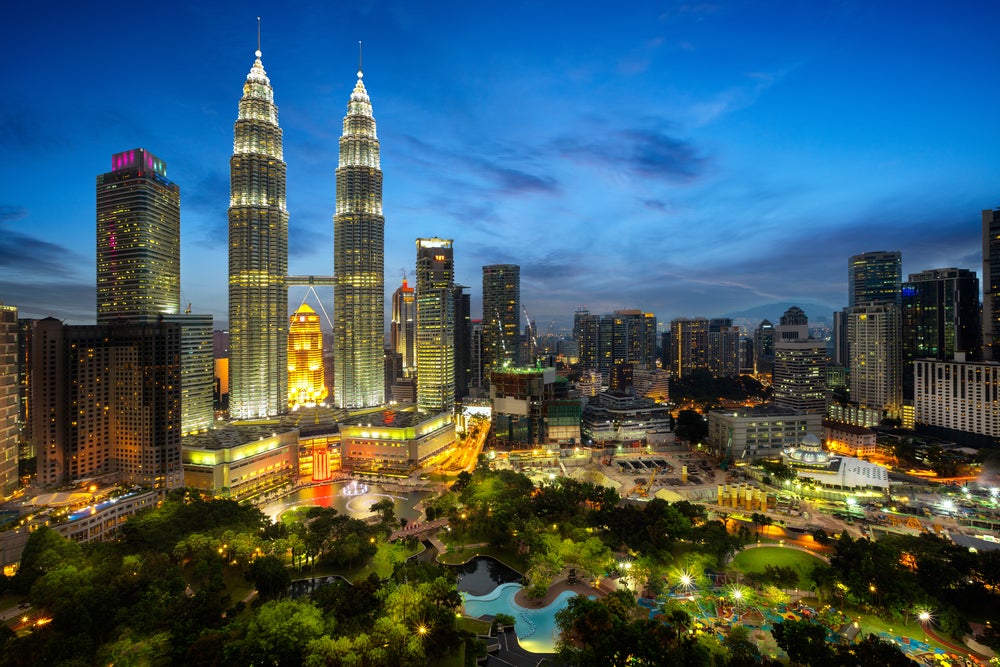Few industry shows or exhibits come close to the annual Gitex show in Dubai when it comes to the size of the exhibit area, the number of exhibitors and the level of buzz generated among participants.
As in the past few years, the most used word among exhibitors and visitors alike is ‘digitalisation’ and the whole technology stack that enables it: from robotics, artificial intelligence (AI), machine learning, augmented reality and blockchain to cloud services, edge computing, drones, 5G, and of course everything smart, from phones to buildings.
Over the past few days, there has been a long list of framework agreements announced between government agencies or private sector entities and numerous technology providers. These agreements typically aim to contribute to these organisations’ overarching digitalisation initiatives, which are usually tied to the timeline of the country’s long-term economic vision or plan, and could be 2021, 2025 or 2030.
The customer’s intent in engaging these suppliers range from improving operational efficiencies and creating new revenue streams to equipping their staff, particularly local staff, with new skills.
Not just hype
While it is tempting to dismiss digitalisation as hype, similar to the dot.com bubble that came 20 years before, the range of benefits it has started to offer – from location-based apps that guide our daily journeys to apps that alert a driver if a child is left in a school bus or if there is a potentially fatal incident especially in the region’s summer temperatures – seems to indicate otherwise.
Unlike the dot.com bubble, digitalisation is being driven both by suppliers and users, particularly in the Middle East.
How well do you really know your competitors?
Access the most comprehensive Company Profiles on the market, powered by GlobalData. Save hours of research. Gain competitive edge.

Thank you!
Your download email will arrive shortly
Not ready to buy yet? Download a free sample
We are confident about the unique quality of our Company Profiles. However, we want you to make the most beneficial decision for your business, so we offer a free sample that you can download by submitting the below form
By GlobalDataPersistent volatility in oil process and the not-so-distant peak of oil meant governments have been and will be more circumspect in terms of spending – the region’s main economic engine. This leads to the need to focus on operational efficiency and improved output across all sectors, where technology and digitalisation are expected to play a central role.
As such, the noise and circus-like ambience at the Gitex show this year should not distract from the value it can deliver to the overall economy, not just of Dubai but the whole region.
Obviously, while many of the products and services being promoted at the exhibit floor will probably fail, as have been seen in many technology shows in the past, the few successful ones will have the potential to drive innovation, encourage entrepreneurs and attract funding.
Equally noteworthy compared to 20 years ago, when global brands such as IBM and HP and their local, usually exclusive, partners or distributors dominated the show, this year’s participants range from Unifonic – a Riyadh-based startup developing a short-message-service (SMS) and instant messaging app – to Silicon Valley heavyweights such as Microsoft and Amazon.
There is a marked increase in the diversity of participants, not just in terms of their products, but also with their country of origin. This range indicates that Dubai’s aspiration to become a centre of innovation may not be too far-fetched.
Related Reports:
Virtual Reality – Thematic Research
Blockchain – Thematic Research
MEED
This article is sourced from Power Technology sister publication www.meed.com, a leading source of high-value business intelligence and economic analysis about the Middle East and North Africa. To access more MEED content register for the 30-day Free Guest User Programme.








Related Company Profiles
Amazon.com Inc
HP Inc
Microsoft Corp